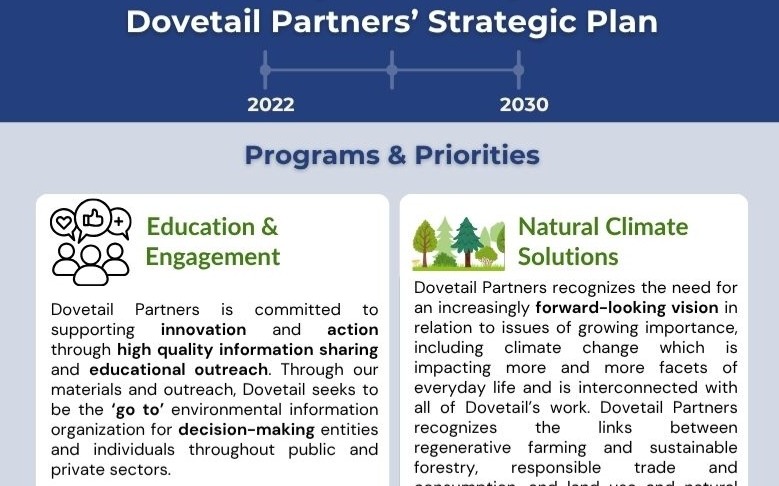Deforestation - the conversion of forested lands to other land use - is a recognized environmental, social, and economic concern. Global trade is a factor contributing to deforestation, and there is increased awareness of supply chain impacts. Claims of ‘deforestation free’ supply chains and recent policy announcements by the European Union have sparked discussions about corporate accountability, supply chain transparency, the role of government, and effective voluntary or regulatory actions. The advancement of monitoring tools, including remote sensing and satellite imagery, raise new challenges and opportunities for understanding deforestation, its causes, and the most effective mitigations.
This report explores our understanding of deforestation - starting with the terminology - and examines recent global trends and policy actions. Effective strategies to address the negative impacts of deforestation require a greater shared understanding of long term land use trends, robust and elegant cross-commodity policies (i.e., linking food and forest production systems), and scalable actions, including substantial investment, from diverse public and private sector leaders at all levels. Unfortunately deforestation continues for social and political reasons to be a significant global problem, and there are limits to our measurement processes. We can observe, count, and record land conditions - but to understand change we also need to know the intentions of landowners, policy makers, and other influencers. A great deal of work is underway to address deforestation. From private companies reducing their impacts, to policy actions and investment in restoration activities, there are many working models of success to build from. With continued global collaboration and innovation there is good reason to be optimistic about the future of the world’s forests.
- Lead Author Kathryn Fernholz, Ed Pepke, PhD., Dave Bubser, Sarah Harris, Harry Groot
- DateFebruary 2023
- CategoryForest products, Forestry, Forests
- Project FileDownload

.png)
.png)
.png)

.png)
.png)